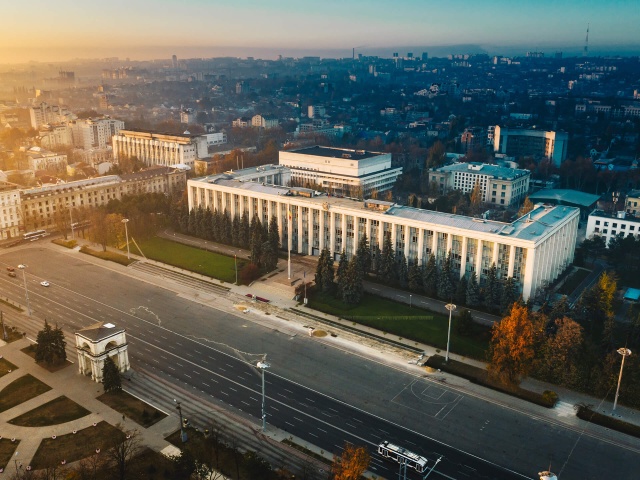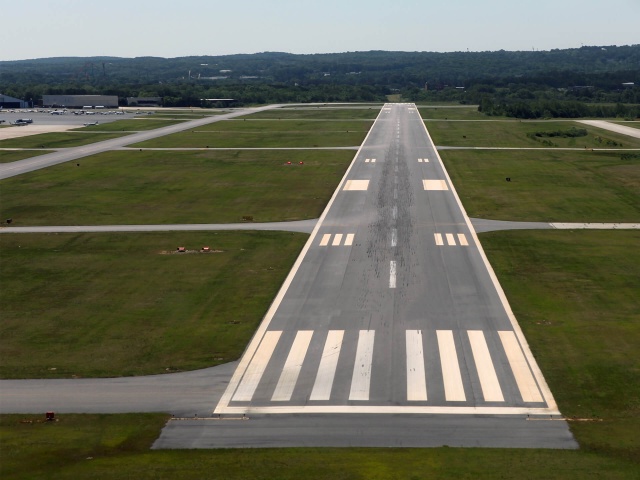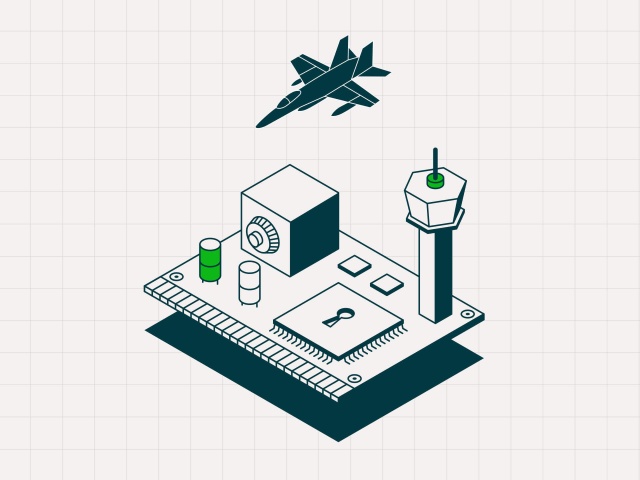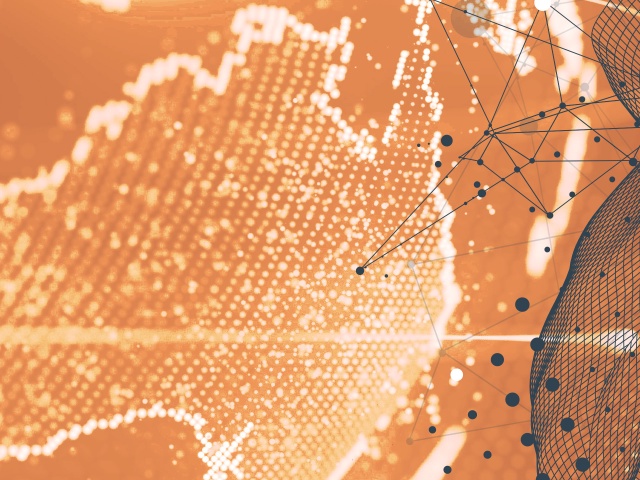Moldova requires support from the private and public sectors, but despite all the regional upheaval, its future looks bright.
I’ve just returned from my first trip to Moldova and even amidst all of the regional turmoil, I found myself getting swept up in a way that I never anticipated.
Nestled in Eastern Europe with a population of roughly 2.6 million people, Moldova is sandwiched between Romania and Ukraine. It finds itself at the heart of a global conflict between Russia and Ukraine, a conflict that has sent shockwaves far beyond its borders. As expected, the closer you get to the front lines, the more pronounced the negative impacts of war become. Energy independence and supply disruptions, inflation, trade setbacks, and an influx of refugees are among the challenges Moldova faces. Yet, what many outsiders may not see is the resolute spirit ignited within a nation already accustomed to fighting for sovereignty and self-determination.
Recently, an opinion piece in the Wall Street Journal titled “This tiny European nation could collapse without U.S. aid — to Ukraine” was published, echoing the sentiment that Moldova’s fate is closely tied to the collective responsibility of Western nations in safeguarding democracy and stability in Eastern Europe. Despite not being a member of NATO or the European Union (yet), Moldovan leaders have urged the United States not to significantly reduce its economic and humanitarian aid to Ukraine, fearing potential cuts by Republicans.
Indeed, U.S. funding to Ukraine has played a crucial role in maintaining Moldova’s peace. This small nation is grappling with the difficult task of preserving its sovereignty while dealing with the fallout from the Ukraine conflict. Moscow has employed various non-military tactics to influence Moldovan politics, intensifying these efforts in recent times, from funneling illegal money to orchestrating coups and spreading disinformation.
Support is also strong from the European Union in line with Moldova’s current status as an EU candidate and capital infrastructure and capacity-building projects are being funded by the British, Germans, Japanese, and of course China.
With this multinational financial support, Moldova’s collapse appears unlikely. Unity, determination, and national pride, akin to Ukraine’s, are potent forces. Moldovans have a history of confronting challenges with optimism, and their future appears promising. As I met with Government officials, and the leaders of private and state-owned enterprises a common sentiment of positivity and opportunity prevailed. It’s clear that the leaders of this country know what they are dealing with, a small, poor country on the border of a conflict that’s unlikely to end for a long time. At the same time acknowledging the opportunity that lies ahead, already digital signatures are prolific and the defacto form of execution of documents within the Government, something I think we can all recognize as a real accomplishment.
The private sector also holds a pivotal role in bridging gaps left by government aid, necessitating investments from domestic and international companies. These investments empower Moldova to fortify its technological capacity, supply chains, and national resilience against external pressures, especially from Moscow and Beijing. As I left Chişinău, Moldova released its National Security Strategy, and, for the first time explicitly called out Russia as the most dangerous and persistent source of threat.
Moldova’s resilience stands as a testament to the unwavering determination and unity of its people.
This former agricultural breadbasket for the Soviet Union is undergoing continuing digital transformation and Moldova’s need for secure digital infrastructure extends beyond its own growth; it’s essential for supporting over 700,000 Ukrainian refugees seeking shelter within its borders amid the ongoing conflict; and for enhancing digital resilience along with Romania as part of the regional and global community.
On the last night of my visit, we dined in the world’s largest wine cellar, known as Mileștii Mici, home to over 1.7 million bottles of wine. This cellar, a former subterranean limestone quarry steeped in history and symbolic of a millennia-old Moldovan winemaking culture, is a marvel that captivates even those who aren’t wine enthusiasts.
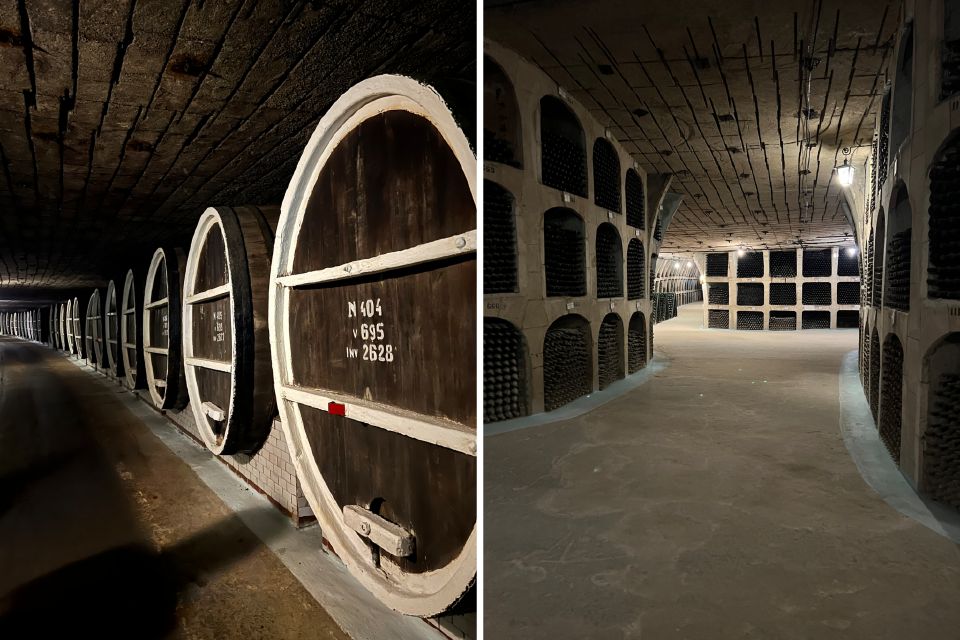
As we dined some 80 meters underground, around the table were representatives from foreign aid, the banking sector, current and former government officials, and the country’s investment teams who collectively are determined to leave their country prosperous for future generations.
And that’s why I will keep returning. The opportunity to contribute in some small part to Moldova’s future beyond the conflict.
